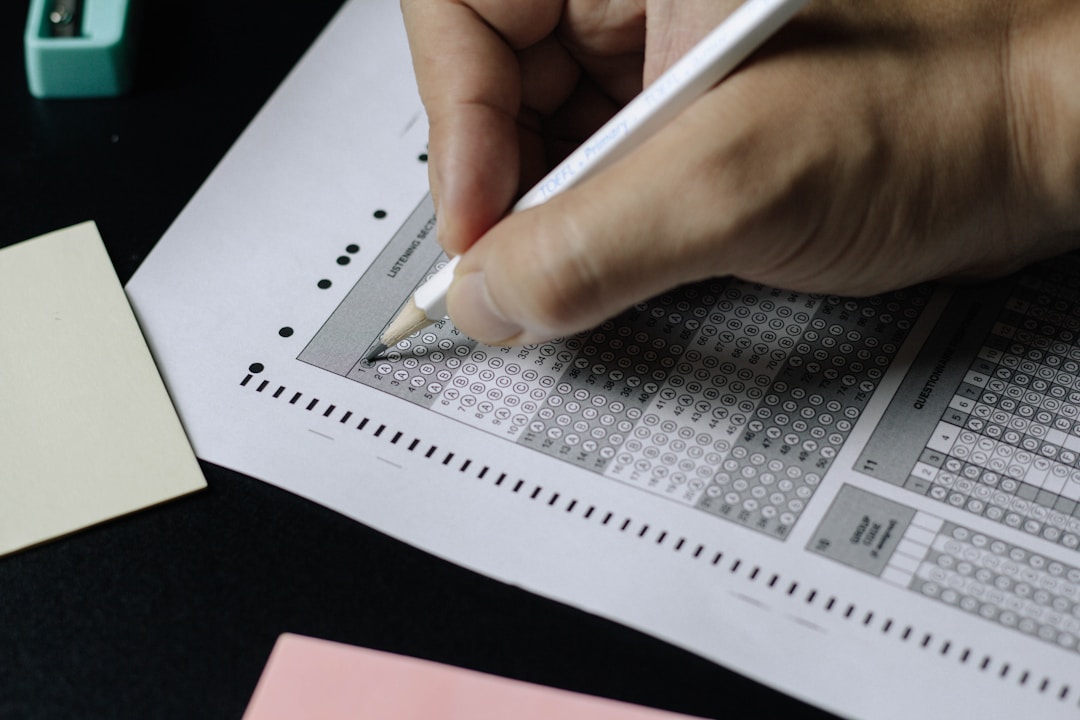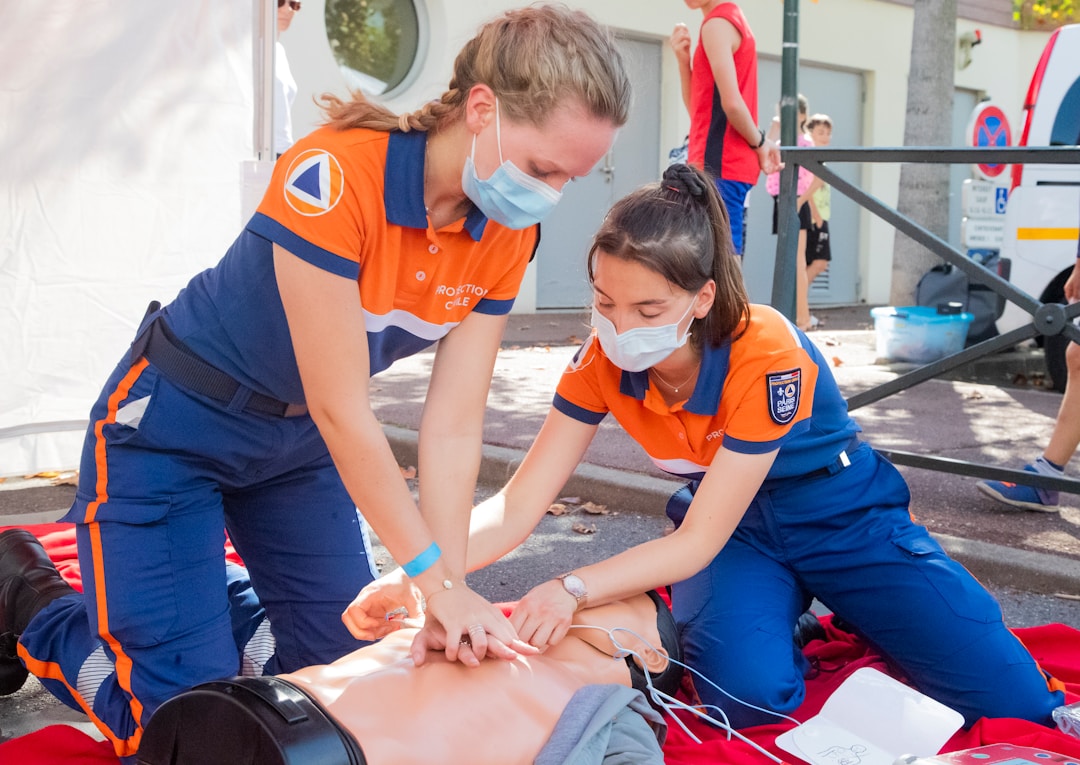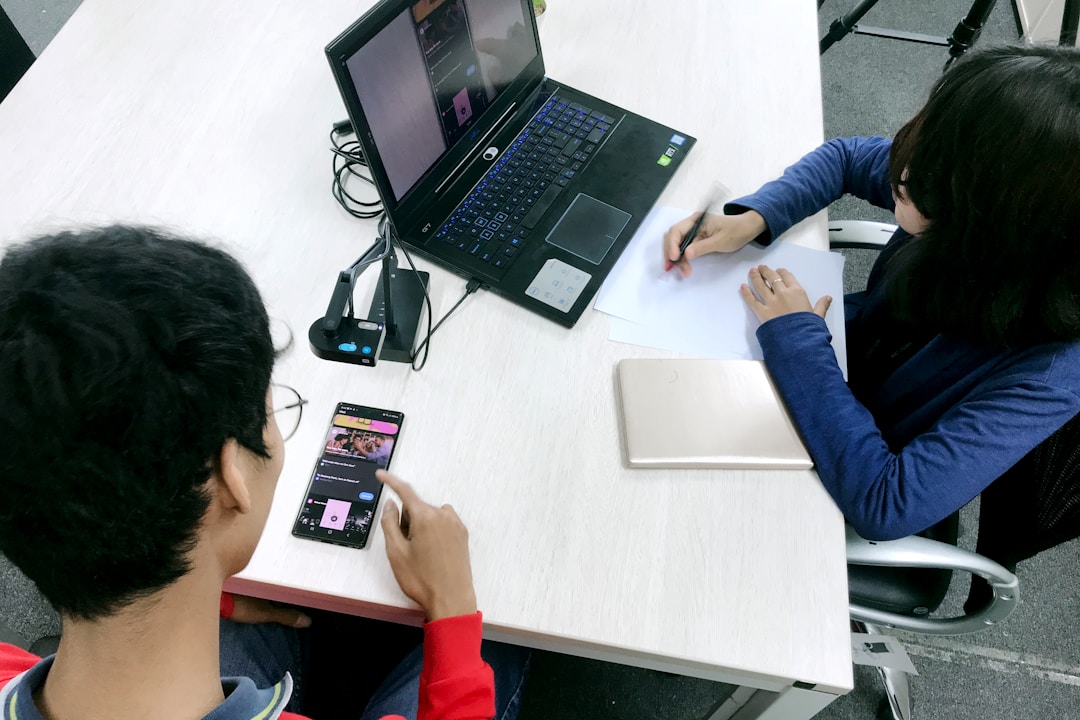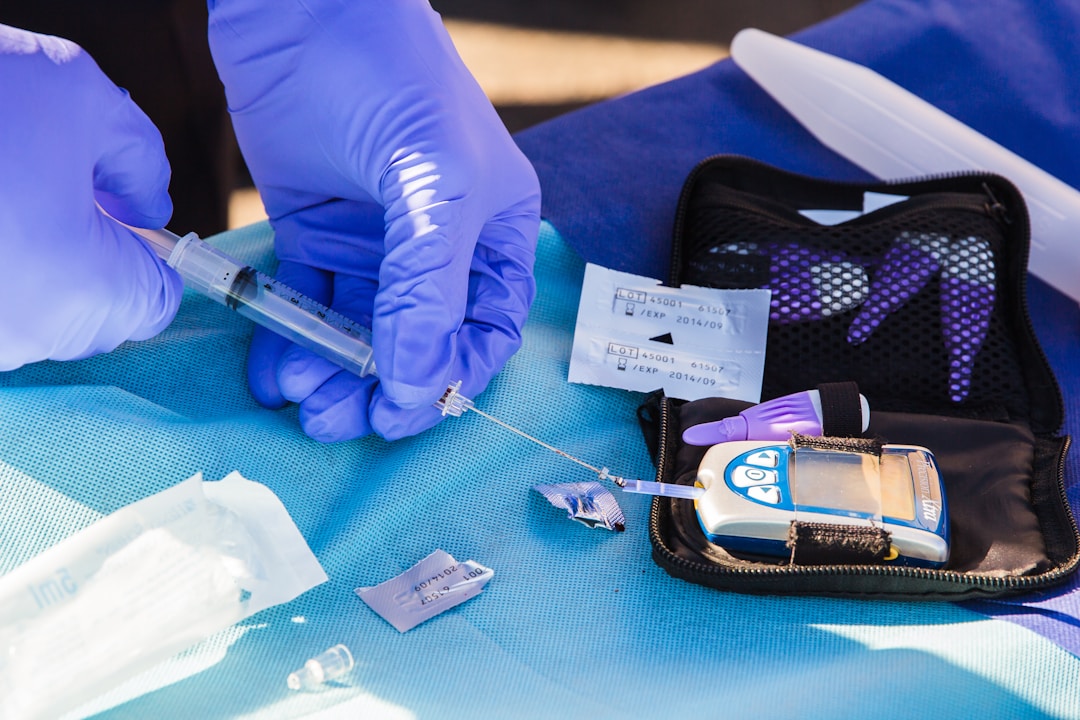ChartFlow Team
Instructors everywhere are shaking in their boots as AI generated essays and exam answers continue to flood their classrooms. The fear is real. After all, Nursing is an industry built on trust. As a student, academic integrity is required or else we end up with a bunch of nurses in the ICU who never learned their fundamentals thanks to AI homework help. As you transition into practice, that same honesty is required to maintain accurate documentation that can save you in court one day (or harm you if you don’t do it).
In short – we do not, in any way, condone cheating or shirking the great responsibilities that come with nursing.
However….
Using AI prompts to help get you through nursing school is a no brainer! Here are some examples of how ChatGPT can help.
Remember: While these prompts can help you get through your daily workload, it’s important to note that all AI tools are still being testing and they have not been verified for any type of medical or nursing use. There is always a chance the information you get back will be incorrect, which is why these tools should be used in tandem with traditional studying, not as a standalone solution
Explaining difficult concepts.
While not up to par with a tutor, AI bots are an easy way to help simplify difficult concepts so you can continue studying or researching. For example, one topic students struggle with is the mechanism behind diabetes. It’s extremely important to get it right since this topic is commonly tested on, but it’s also important to understand the disease process will make it possible for you to understand medications, treatments and side effects. For example, I used the prompt above to ask for clarification about the pathophysiology of diabetes. Here’s a snapshot of the answer:
If you were completely lost on the concept before, this is a good elementary understanding to get you started. Remember, tools like ChatGPT are designed to communicate like humans so if you need a deeper understanding answer with “Tell me what hormones are involved and what organs release them.” Keep going until you have a better understanding of the concept.
Study planning and schedules
This can be especially helpful if you have issues with planning or attention.
We used the timeframe of 2 months and we got surprisingly detailed results.
While this schedule might not work with your lifestyle or habits, we found it to be a great way to organize an initial plan or check if you’ve missed anything. For example, if I have a plan to do NCLEX style review questions, flashcards, and review my Nursing Fundamentals book, I might be overwhelmed by how to chunk that work into smaller tasks. ChatGPT helps organize it into a first draft schedule so you can alter it from there. Similar prompts can be used for other exams, applying for jobs, or even getting advanced degrees. Think of this prompt as a way to run your plan past a life coach or time manager to see if it makes sense.
Refreshing your memory on medical terminology
Let’s face it, after you pass your med term exam, you’re still going to have memory slips. If you find yourself attempting to enter your patient’s info in an EHR after clinicals but can’t remember what a term means, look no further than ChatGPT.
We asked it what SOB means and not only did we get a definition, but it also came back with a short description.
These responses may not be perfect, but we think these prompts are useful as you try to get through your school days. These can be a great starting point for reducing your time spent on research research and planning.
If you have other ways to use AI, please find us online or via email and share. It’s so exciting to see where this new phase of technology is going to lead us!
More posts like this







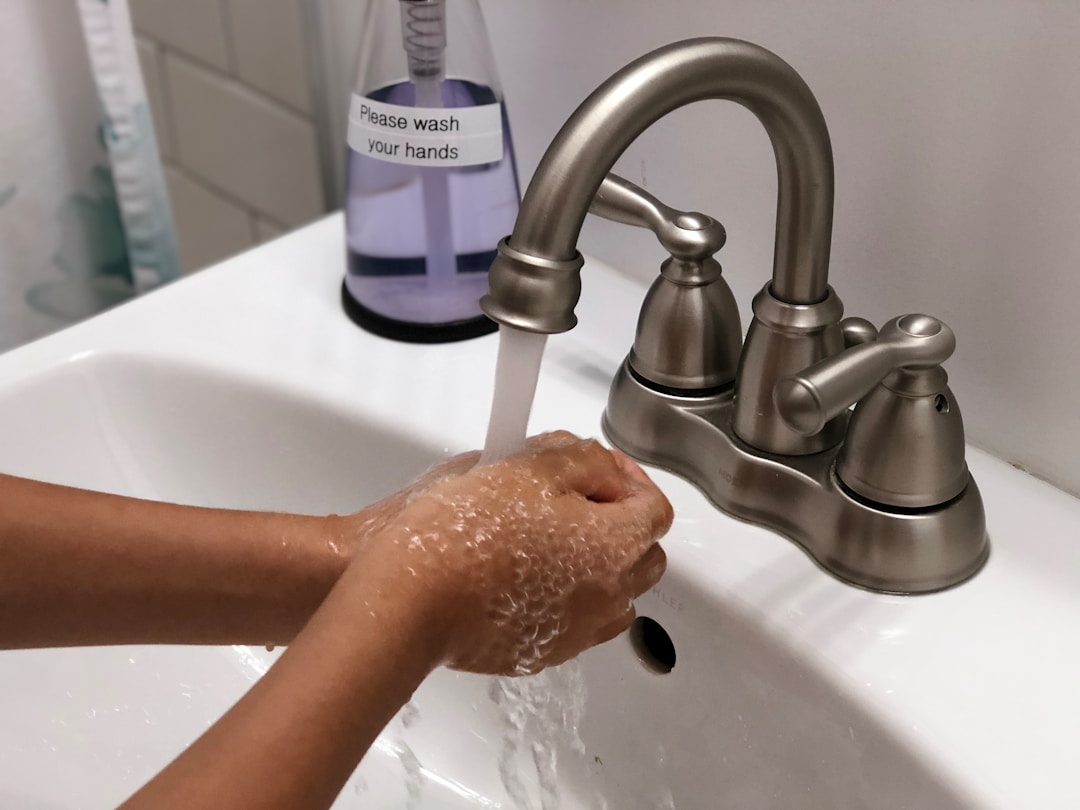



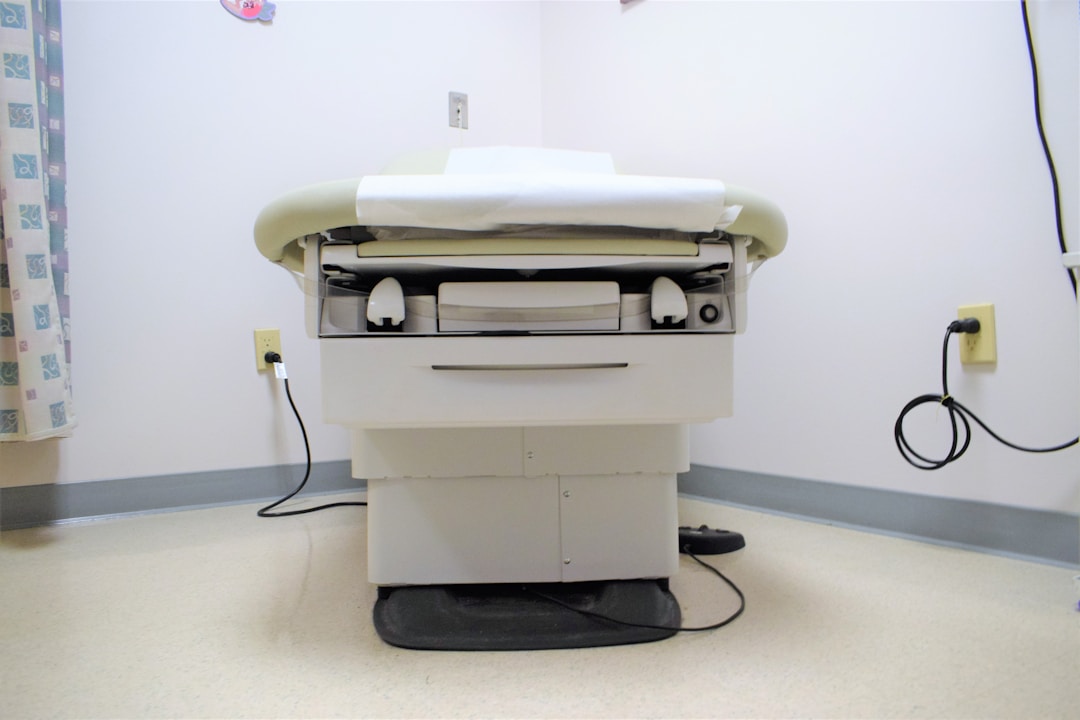
_(2)/w=1920,quality=90,fit=scale-down)








/w=1920,quality=90,fit=scale-down)






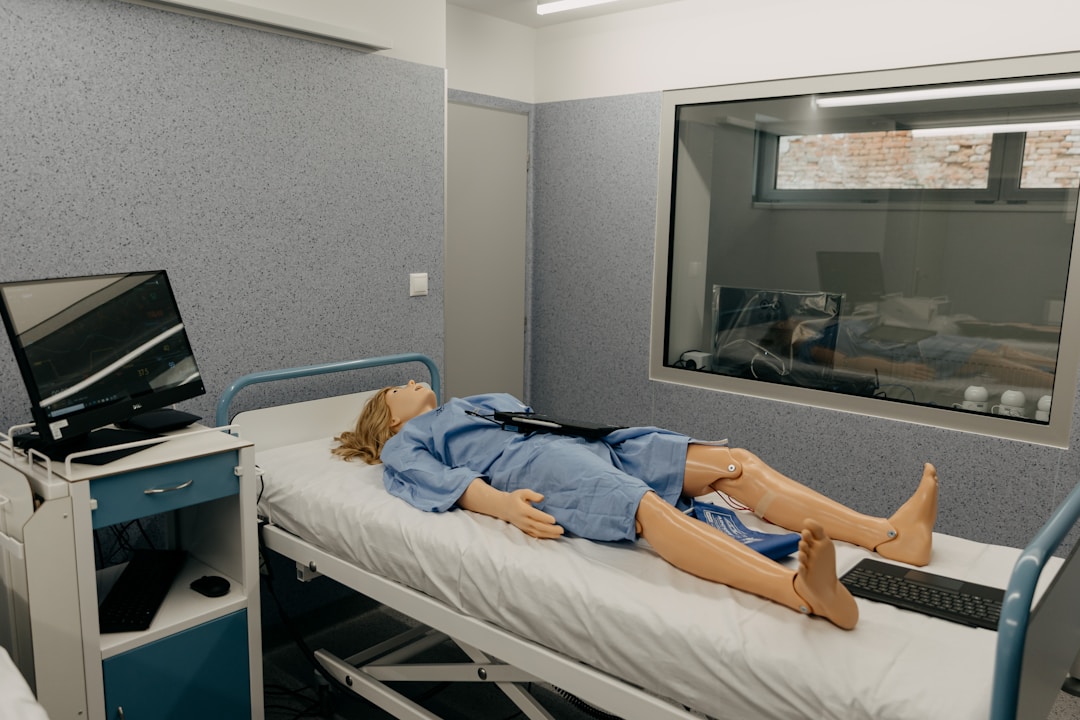











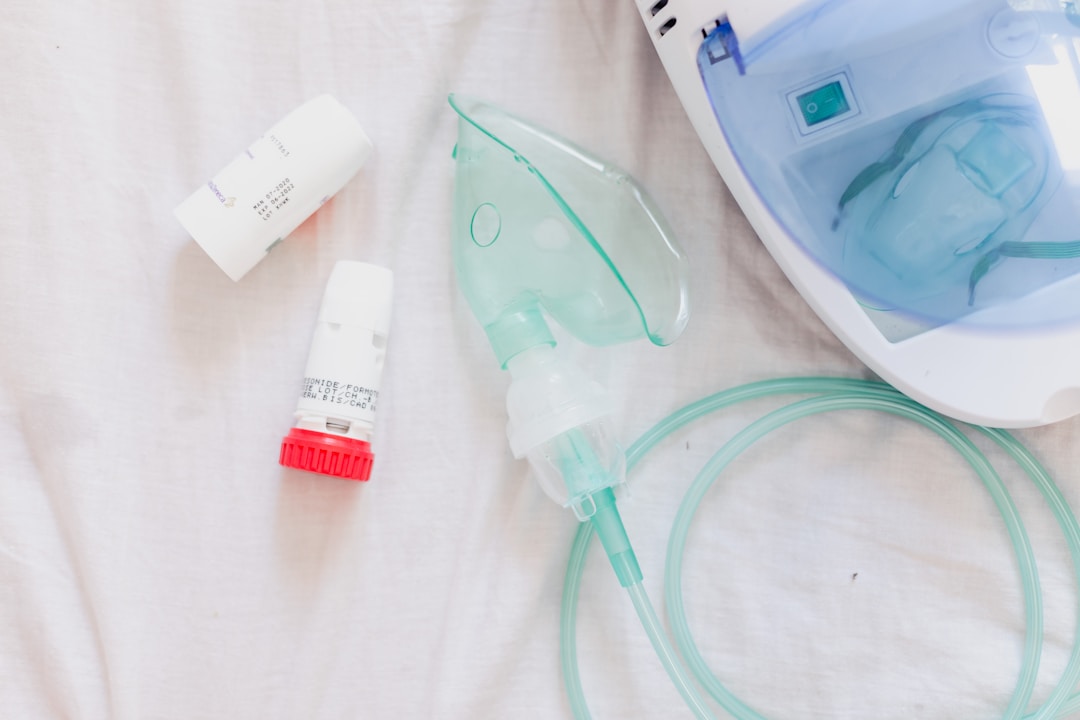



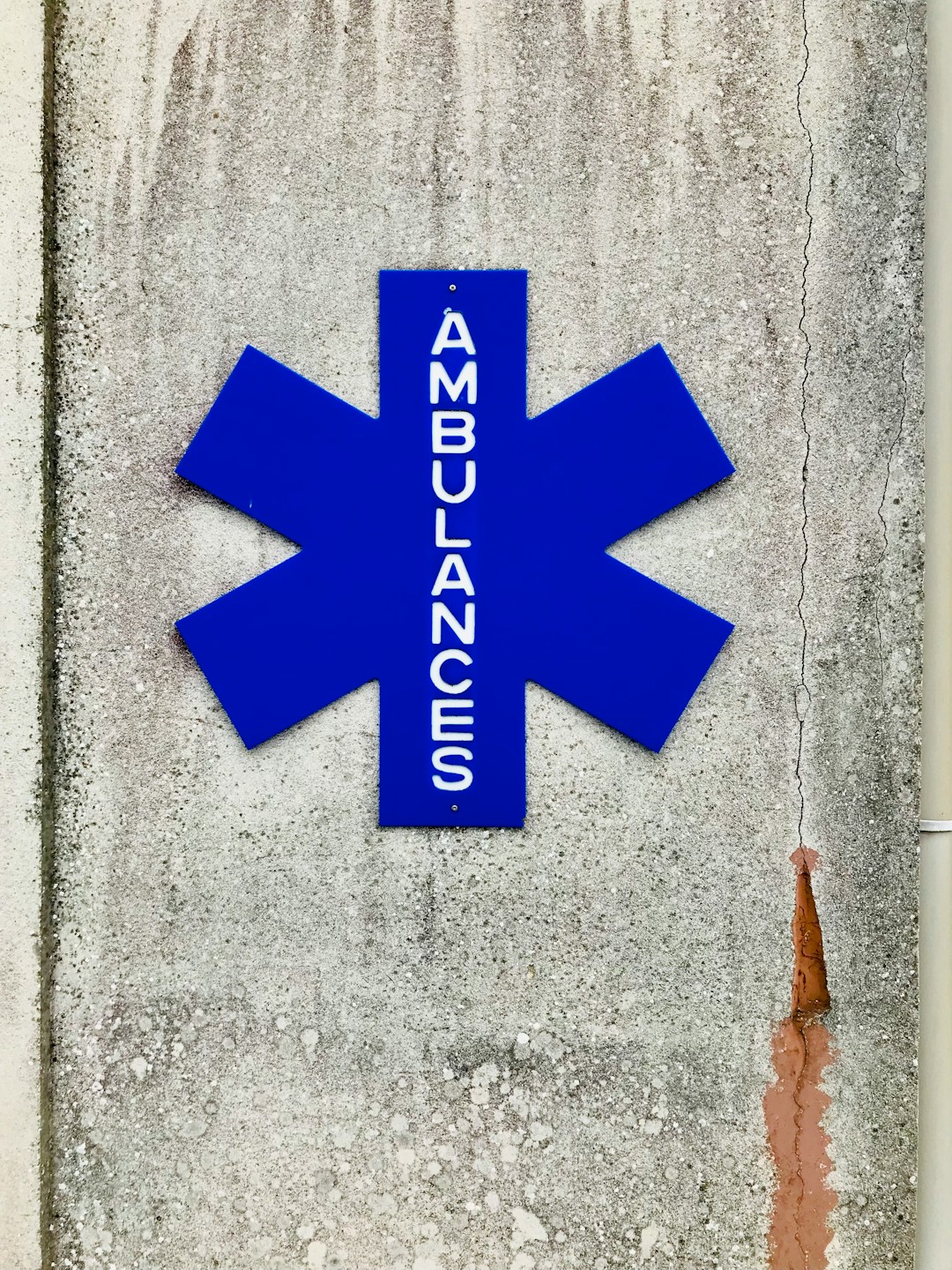





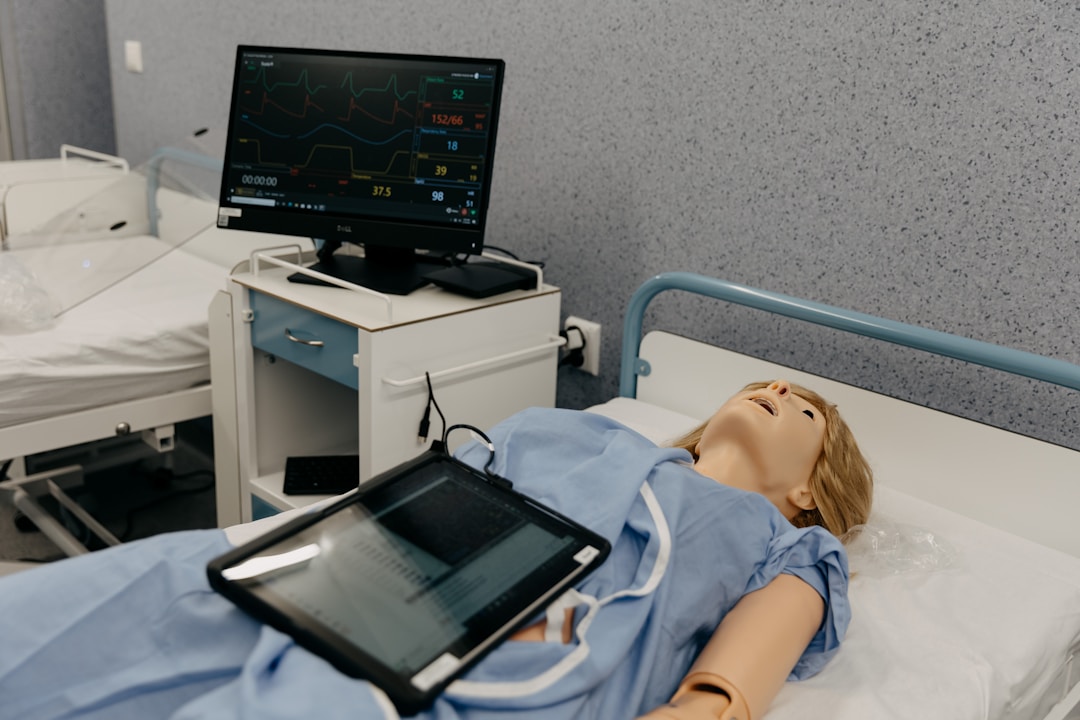



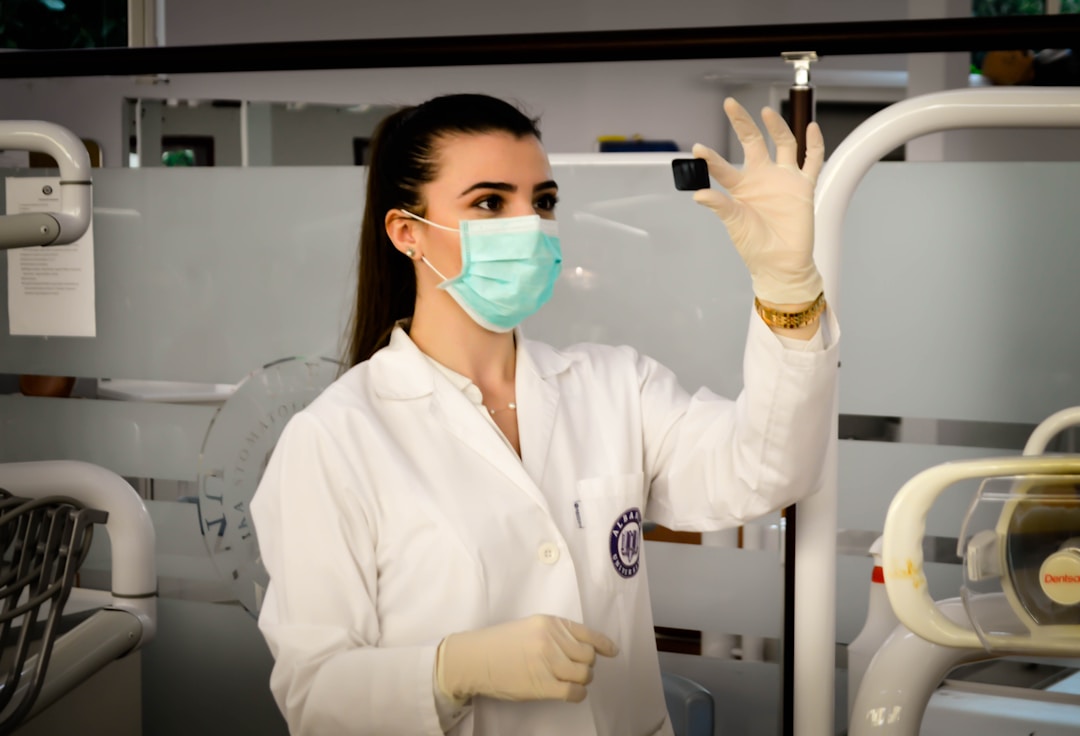







/w=1920,quality=90,fit=scale-down)
_(1)/w=1920,quality=90,fit=scale-down)









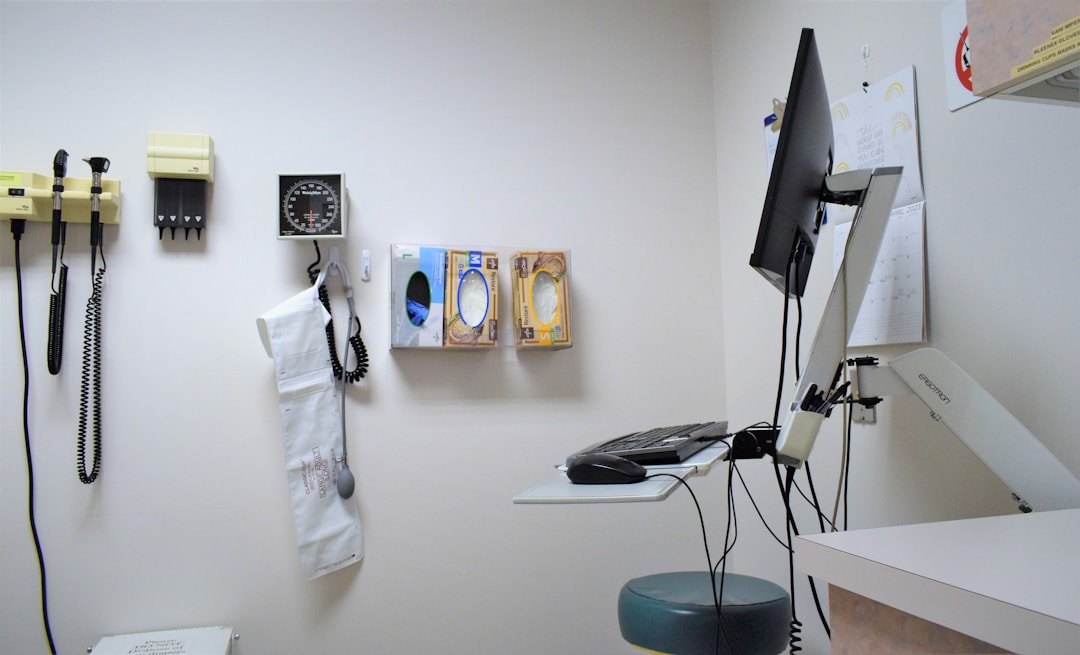
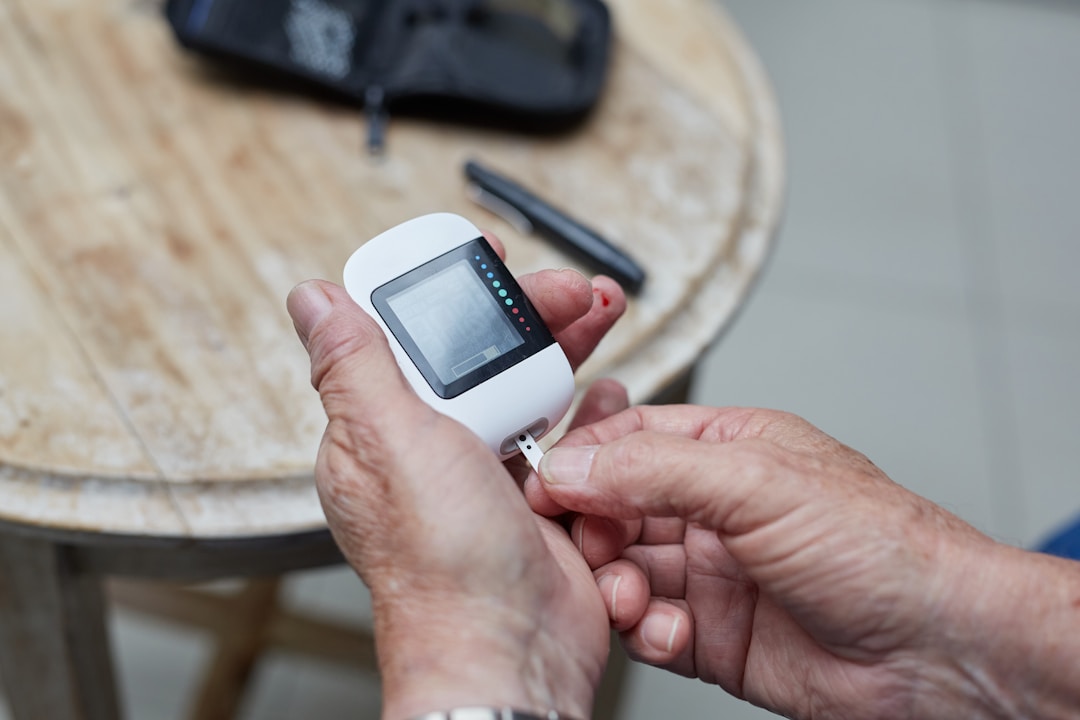



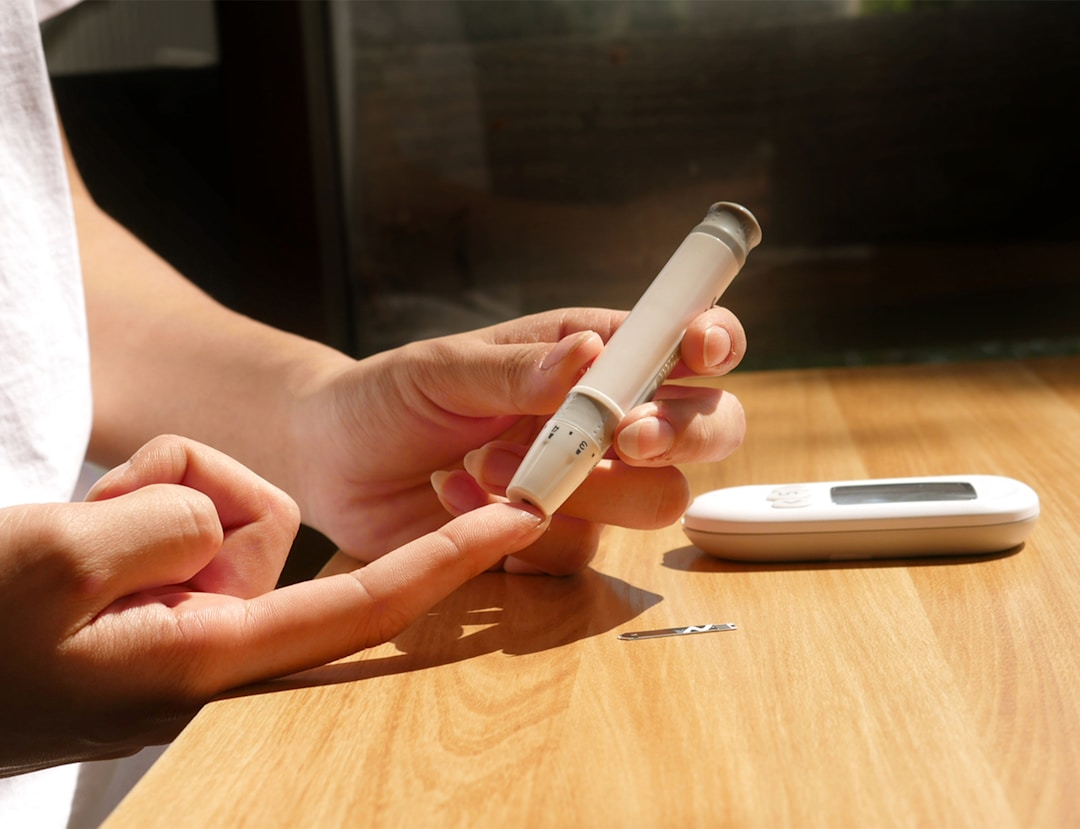








/w=1920,quality=90,fit=scale-down)




